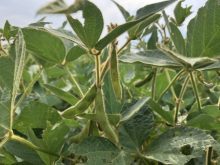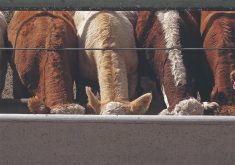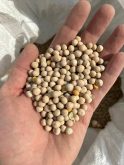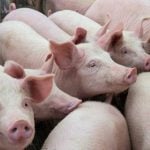An Argentinean biotech company wants to see if it can get viable amounts of a key cheesemaking enzyme out of a Calgary company’s genetically modified safflowers.
Argentina’s Institutio de Agrobiotecnologia Rosario (Indear) has signed an option agreement for SemBioSys’ processes to produce chymosin, also known as rennet, in safflower plants and to extract it from the plant, the Calgary company said Tuesday in a release.
Rennet, a natural enzyme used to coagulate milk into cheese, is today produced mostly by fermentation, SemBioSys said. Traditionally, the enzyme is harvested from the fourth stomachs of slaughtered calves.
Read Also
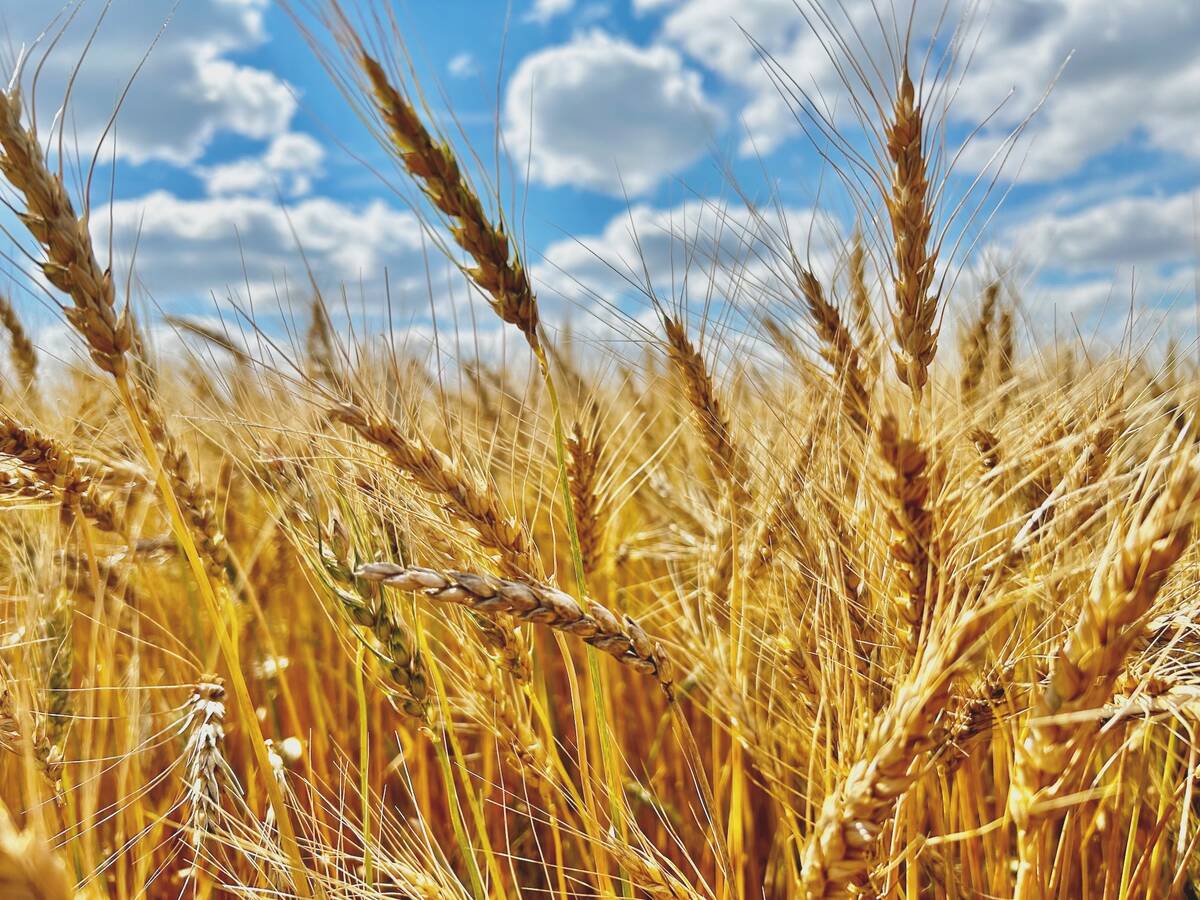
Prairie Wheat Weekly: Modest increases for cash prices
Spring wheat and durum cash prices were moderately higher across the Canadian Prairies for the week ended Dec. 19. This was despite losses in Chicago and Kansas City wheat and Agriculture and Agri-Food Canada projecting larger all wheat ending stocks for 2025/26. Minneapolis wheat bumped up on the week, lending some support to Canadian cash prices.
Indear will pay SemBioSys an undisclosed option fee and may also pay royalties or other fees if it exercises its option on the safflower technology. The Argentinean firm, a joint venture between two biotech companies, wants to “evaluate the utility of using plant-produced chymosin for the production of cheese in South America.”
SemBioSys has previously created safflowers that produce insulin and a heart-healthy protein, Apo AI, and aims to put both those products into clinical trials in the next couple of years.
The Calgary firm said it believes its rennet-producing safflower, and its proprietary extraction process, “will allow for the production of chymosin
Observers note that a new method of rennet production, albeit by way of a GMO plant, may also be a boon to some vegetarians who eat cheese but avoid varieties produced with natural calf rennet.



